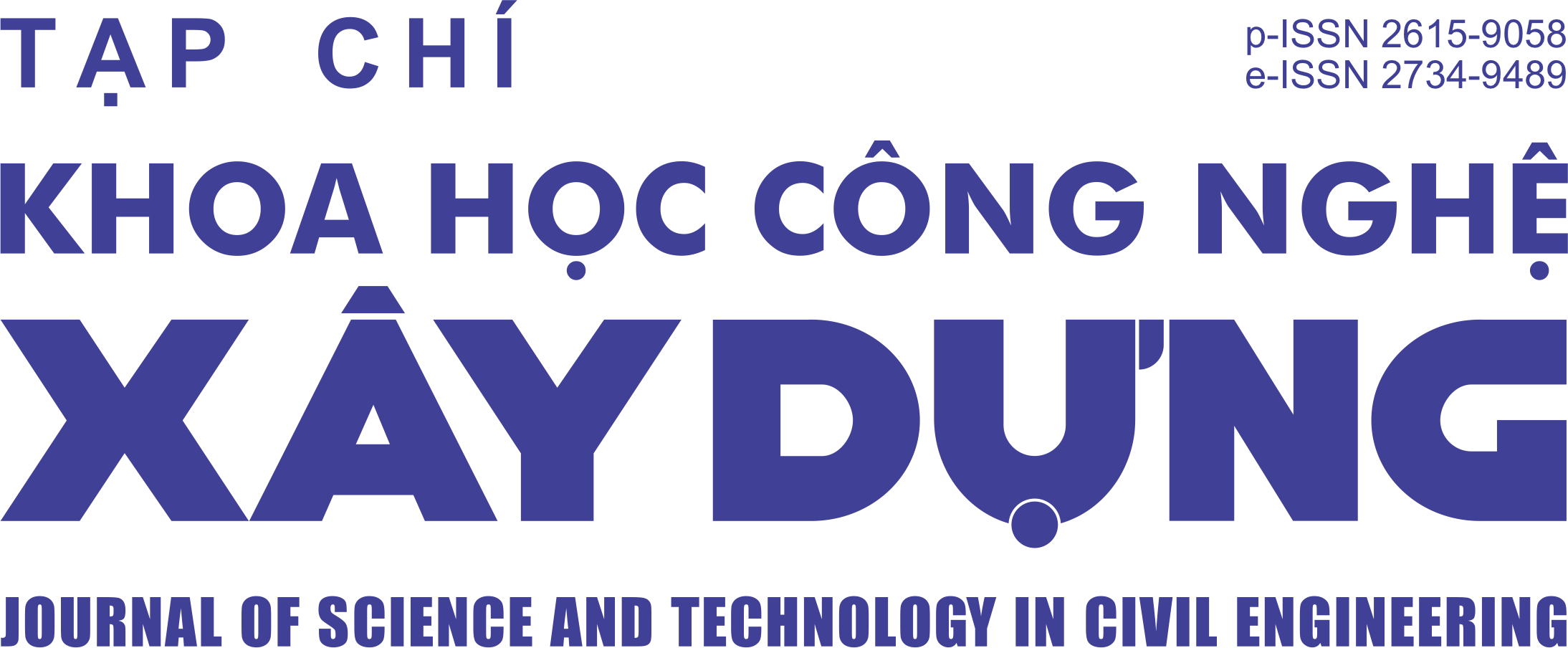Benefit-cost analysis of faecal sludge management options in peri-urban area
Abstract
Septic tank has been widely used in urban and more popular in peri-urban areas in Vietnam. That leads to more and more amount of septic sludge, which has been created. Faecal sludge management (FSM) is a big challenge in today's rapid urbanizing Vietnam. More than 50% of household with farming activities wish to reuse sludge for garden or crop. There are many options of FS treatment such as drying bed, dewatering, anaerobic digestion, co-composting or vermicomposting, in which FS treatment integrating into existing farming will be feasibility option. In order to better understand a) household demand for emptying services; b) costs of desludging services, particularly with respect to transport; c) drivers of private sector participation the sanitation value chain; and d) treatment and safe disposal/reuse of sewage, a Benefit Cost Analysis (BCA) study on FSM models have been conducted to compare treatment, disposal and reuse options. BCA result shown that inner return rate (IRR) of FS private emptier, household with farming activities and FS feeding worm farm are 8%, 14% and 207% respectively. It also shows that vermicomposting business is promising option for FS treatment in order to safe reuse of FS and nutrient recovery.
Keywords: Benefit-cost analysis, faecal sludge, nutrient source, vermi-composting.
Received: October 5th, 2017; revised: October 27th, 2017; accepted: November 2nd, 2017
Downloads
1. The Author assigns all copyright in and to the article (the Work) to the Journal of Science and Technology in Civil Engineering (JSTCE) – Hanoi University of Civil Engineering (HUCE), including the right to publish, republish, transmit, sell and distribute the Work in whole or in part in electronic and print editions of the Journal, in all media of expression now known or later developed.
2. By this assignment of copyright to the JSTCE, reproduction, posting, transmission, distribution or other use of the Work in whole or in part in any medium by the Author requires a full citation to the Journal, suitable in form and content as follows: title of article, authors’ names, journal title, volume, issue, year, copyright owner as specified in the Journal, DOI number. Links to the final article published on the website of the Journal are encouraged.
3. The Author and the company/employer agree that any and all copies of the final published version of the Work or any part thereof distributed or posted by them in print or electronic format as permitted herein will include the notice of copyright as stipulated in the Journal and a full citation to the Journal as published on the website.







